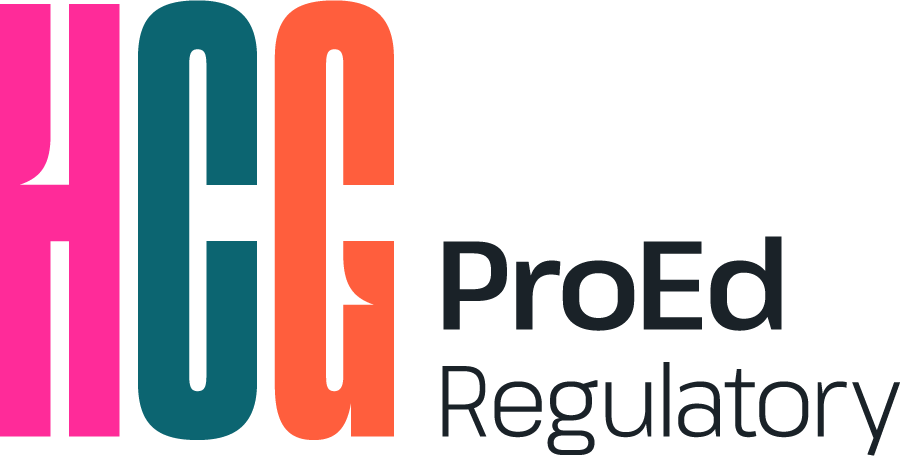GPP3: Is It a Better Guidance?
The International Society for Medical Publication Professionals (ISMPP) recently released its latest guidance—GPP3, or Good Publication Practice 3. This is the first update of the ISMPP guidance since GPP2 was released in 2009. A steering committee first met to draft the guidance, and then ProEd colleagues, Laura McCormick, PhD; Heather Hlousek, and Jim Cozzarin, ELS, had the privilege, with 91 reviewers (from agencies and sponsors), to provide critical feedback before the new guidance was published in Annals of Internal Medicine.1
So, what are the important changes from GPP2? In addition to being more user-friendly than its predecessor—with an overall simplification of language and format, a new Guiding Principles section, and quick reference tables that address guidance on authorship criteria and common authorship issues—GPP3 also reflects some important updates and new elements1:
- Updated International Committee of Medical Journal Editors (ICMJE) 2013 authorship criteria
- Common issues regarding authorship
- Improved clarity on author payment and reimbursement
- Additional clarity on what constitutes ghost or guest authorship
- Expanded information on the role and benefit of professional medical writers
- Guidance for appropriate data sharing
But are such updates significant enough to warrant the involvement of 18 Steering Committee members and 94 Reviewers? I believe that the answer is yes, and let me explain why. One of the most important updates that can be found in GPP3 is further clarification of the role of authors. GPP3 provides a much-needed increased focus on authors and authorship, including clarification on the responsibilities of authors and others who contribute to publications stemming from industry-supported or -sponsored research.
So let’s take a closer look at what the new guidance says with regard to authorship. According to GPP3, the first author is responsible for the integrity of the publication and for ensuring that the data presented have been reviewed and approved by all authors. Authors, particularly first authors, have clearer guidance on what it means to be an author and further direction on how they should work with the study sponsor and/or a medical writing professional. GPP3 also provides study sponsors with clear direction on what is required from an author and what is required from them when they engage with an author (for example, what data should be provided to the authors and when?). This specific guidance on appropriate data sharing is fundamental to ensuring transparency in the relationship between study sponsors and authors. In addition, GPP3 gives agencies clear direction on how they should work with study sponsors to engage with authors and on who is responsible for ensuring that all participants employ good publication practices. Finally, GPP3 provides sponsors and authors with answers to many tricky questions that have arisen since the publication of GPP2, such as “Can I use professional medical writers, and what is their role?”
Importantly, GPP3 provides a more in-depth description of the role of the professional medical writer. Because professional medical writers are often more aware of publication guidelines and more facile in driving compliance with those guidelines, GPP3 states that “emerging evidence suggests that the use of professional medical writers may enhance publication quality and has been associated with a reduced risk of retractions due to misconduct.”1 GPP3 emphasizes the importance of training medical writers to follow good publication practices and to ensure that the authors are also following guidelines and good publication practices.
GPP3 also provides in-depth guidance on how professional medical writers should work with authors. For example, the guidance recommends obtaining documentation that all authors agree to receive medical writing support—typically via an author agreement document that identifies respective rights, roles, and responsibilities.
But what if an author doesn’t sign the agreement or signs it and then doesn’t fulfill all the duties required for authorship? Assuming that author provided some input into writing of the manuscript and/or data interpretation, GPP3 recommends the author be removed from the author line and instead be recognized in the Acknowledgments section.
Given these important clarifications on authorship and data sharing, and the new user-friendly format, GPP3 is indeed a better guidance. It will help study sponsors, authors, and medical writing professionals navigate the sometimes tricky waters of following good publication practices and address issues that did not have clear guidance in past versions. So yes, the updates will make a difference. Thank you ISMPP! It was an honor to take part in this important process.
Reference:
- Battisti WP, Wager E, Baltzer L, et al. Good Publication Practice for Communicating Company-Sponsored Medical Research: GPP3. Ann Intern Med. 2015;163(6):461-464. doi:10.7326/M15-0288.

